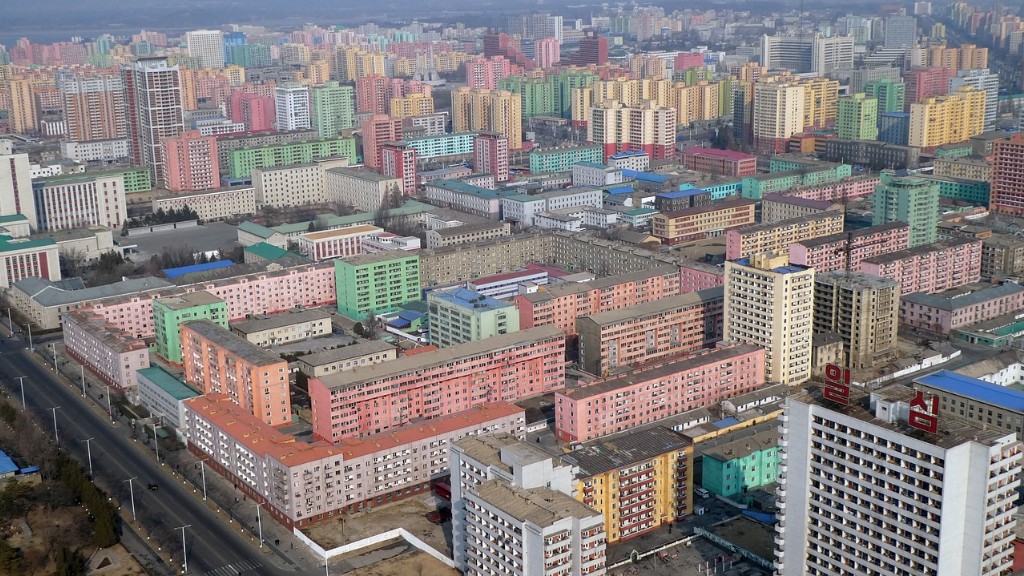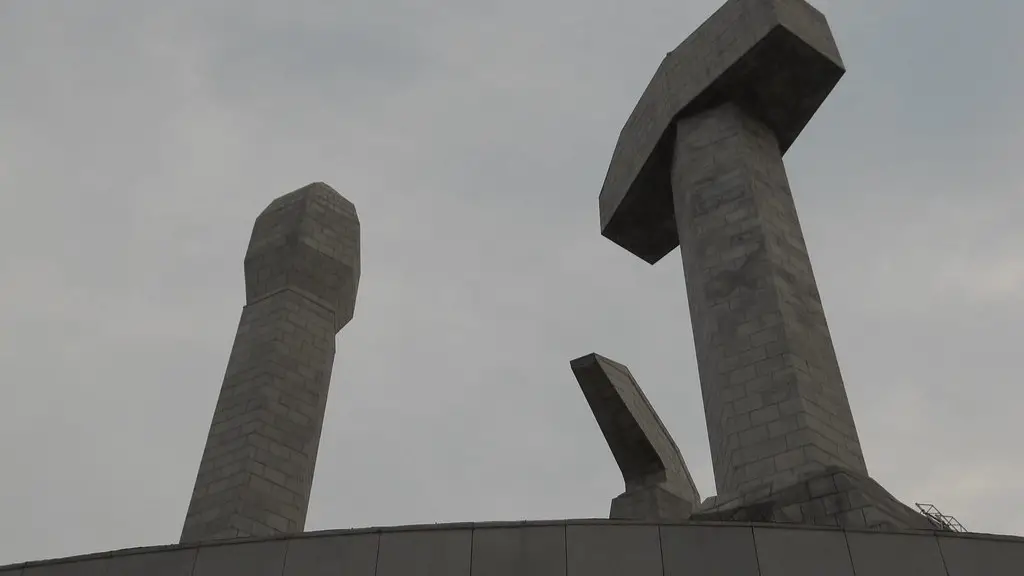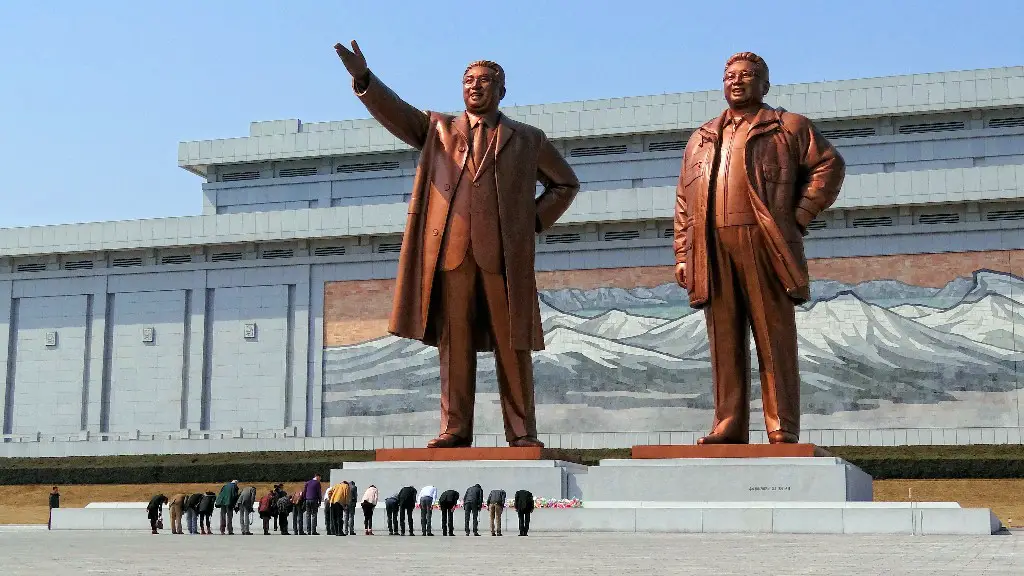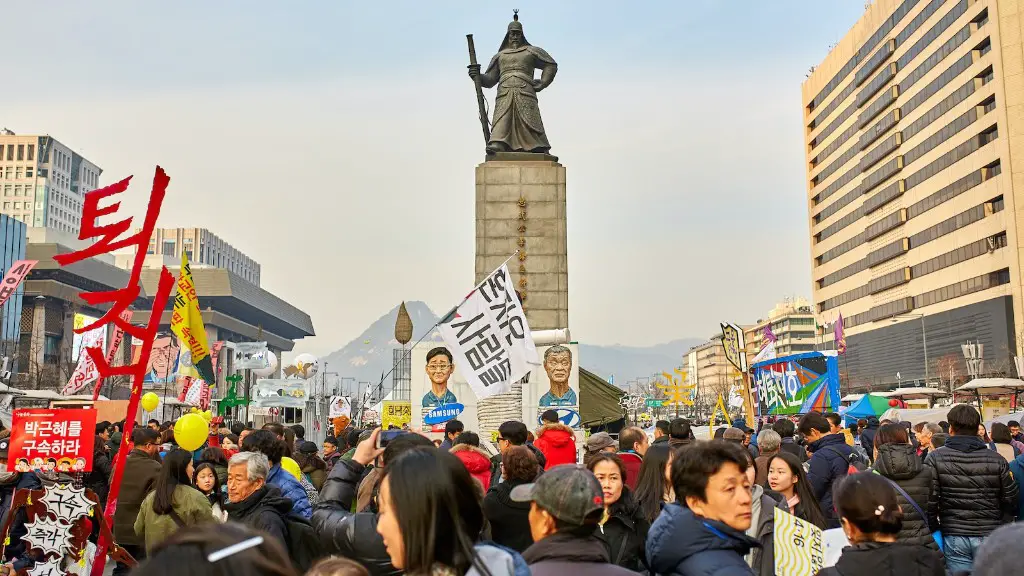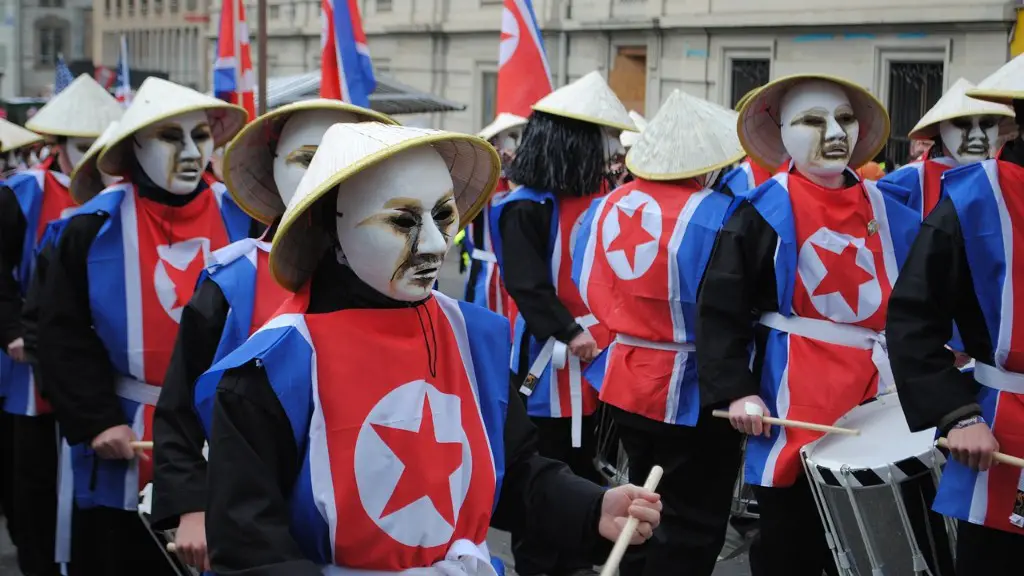Who Is The Current Dictator Of North Korea?
The current leader of North Korea is known as Kim Jong Un, and he has been in power since 2011. Kim is the third and youngest son of Kim Jong Il, who ruled the country from 1994 until his death in 2011. Kim Jong Un is the leader of the Workers Party of Korea and the Supreme Leader of North Korea. He is known for his provocative words and actions, and his authoritarianism.
Kim Jong Un has a history of working to expand his power upon taking office. He has increased his military presence in the country, purged potential rivals within the government, and has sought to strengthen North Korea’s nuclear capabilities. He has also sought to rebuild the country’s struggling economy, looking towards China and other countries for assistance, though this has been limited due to the many international sanctions imposed on North Korea.
Under Kim Jong Un, North Korea has become increasingly isolated from the international community. The country has withdrawn from the Six-Party Talks – a diplomatic initiative aimed at ensuring North Korea’s nuclear disarmament, and has also cut off relations with neighboring South Korea. Diplomats from other countries have been denied access to North Korea and the government remains largely hidden from public view.
Human rights activists and experts on the region have been critical of Kim Jong Un’s rule. Reports from organizations such as Human Rights Watch allege the country’s government has carried out a wide range of abuses, from political repression to torture. International organizations such as the United Nations have called for increased accountability from the North Korean government, but these calls have been largely ignored by Kim Jong Un and his government.
Critics of Kim Jong Un have speculated that North Korea’s current isolationism and focus on military projects is part of his attempts to bolster his own power and authority within the country. Kim’s rule has been marked by a sense of paranoia and he has sought to restrict the amount of information available to North Korean citizens. The country’s political and economic policies have also been heavily criticized, with many experts arguing the policies have done little to improve the lives of ordinary North Korean citizens.
Kim Jong Un’s rule has also been viewed with increasing skepticism by the Chinese government, with Chinese officials expressing concerns about North Korea’s nuclear provocations and its failure to respect the country’s international commitments. Despite North Korea’s ongoing isolation, China remains one of the few sources of external support for Kim Jong Un’s government.
North Korea’s Nuclear Weapons Program
Under Kim Jong Un’s rule, North Korea has accelerated its nuclear weapons program. In August 2017, the country conducted its sixth test of a nuclear weapon, with the test regarded as the most powerful one yet. Since then, North Korea has continued to develop its missile technology and is believed to have successfully tested an intercontinental ballistic missile that is capable of reaching the United States.
This has dramatically increased tensions in the region and has led to an escalating series of sanctions from the UN Security Council. These sanctions have been largely ineffective, however, and have done little to deter Kim Jong Un from continuing to pursue a nuclear weapons program. In addition, the US and other countries have imposed their own measures against North Korea, though these have done little to prevent the country’s actions.
Despite the international community’s efforts, North Korea has continued to develop its nuclear program and appears determined to reach its goal of becoming a nuclear power. This is seen as a major threat to global stability and there is much concern among experts and world leaders over the possibility of North Korea eventually becoming a nuclear-armed state.
Reactions From The International Community
The international community has reacted with outrage and condemnation to Kim Jong Un’s regime. North Korea’s nuclear program has been labeled as an illegal and dangerous threat to security and stability in the region, and there is increasing pressure on Kim Jong Un to end his nuclear weapons program and focus instead on improving the lives of his people.
China has attempted to take a lead role in trying to rein in Kim Jong Un and his government, though has been largely unsuccessful. Other countries such as the United States, South Korea and Japan have taken a hardline stance with regards to North Korea and are unwilling to accept any deal which does not include full denuclearization. This has led to a two-way deadlock, with no clear resolution in sight.
In spite of this, some countries have suggested the possibility of a diplomatic solution to the impasse. These include South Korea, which has recently discussed the possibility of a “sunshine policy” approach, where economic assistance and increased diplomatic ties would be offered to North Korea in exchange for a reduction in its nuclear activities.
This approach has been met with opposition from the US, however, with President Donald Trump warning that any diplomatic solution must include full denuclearization. This position appears to be supported by the majority of the international community, though it is still to be seen if a compromise can be reached.
Kim Jong Un’s Succession Plans
Kim Jong Un has established a powerful and tightly-controlled leadership structure in North Korea and is seen as the country’s absolute ruler. There has been much speculation as to who will succeed him should he die or be forced from power, though it is believed that Kim has no clear successor.
The most likely candidate is Kim’s younger sister, Kim Yo-jong. She is seen as the closest relative to Kim Jong Un and has taken on a rising role in the country’s politics. She is currently the first vice-director of the Workers’ Party of Korea and is believed to have the support of the North Korean military.
However, it is uncertain if she would be able to hold onto power should Kim Jong Un die or be overthrown. North Korean politics are highly unpredictable and it is possible that a completely different leader could emerge in the event of a power struggle.
U.S. Response To North Korea
The United States has taken a hardline stance on the North Korean issue and has been actively involved in attempts to restrain the country’s leaders. President Trump has sought a maximum pressure campaign against North Korea, including economic sanctions, and has also suggested the possibility of a military solution should diplomacy fail.
This has been widely condemned by many countries including China and South Korea, who argue that a military solution would be catastrophic for the region. The UN has also called for a diplomatic solution and has urged both sides to come back to the negotiating table.
Despite the US’ threats and warnings, Kim Jong Un has remained defiant, continuing to pursue nuclear weapons despite the international community’s efforts. The US has ramped up military drills in the region in response to North Korea’s provocations and continues to call for negotiations and a peaceful resolution to the conflict.
North Korea Summit
In 2018, the first summit between Kim Jong Un and US President Donald Trump was held in Singapore. This summit was hailed as a major diplomatic breakthrough and both sides promised to work towards the denuclearization of the Korean Peninsula. This was followed by a second summit in 2019 in Vietnam, though this ended without a deal being signed.
The two sides are currently in talks over the possibility of a third summit, though there are many complicated issues which must be resolved before any agreement can be reached. In the meantime, North Korea has continued to pursue its nuclear program, despite warnings and sanctions from the international community.
It remains to be seen whether Kim Jong Un will eventually agree to fully denuclearize the Korean Peninsula and end his nuclear program, or whether he will continue to pursue his current path of defiance and provocation.
